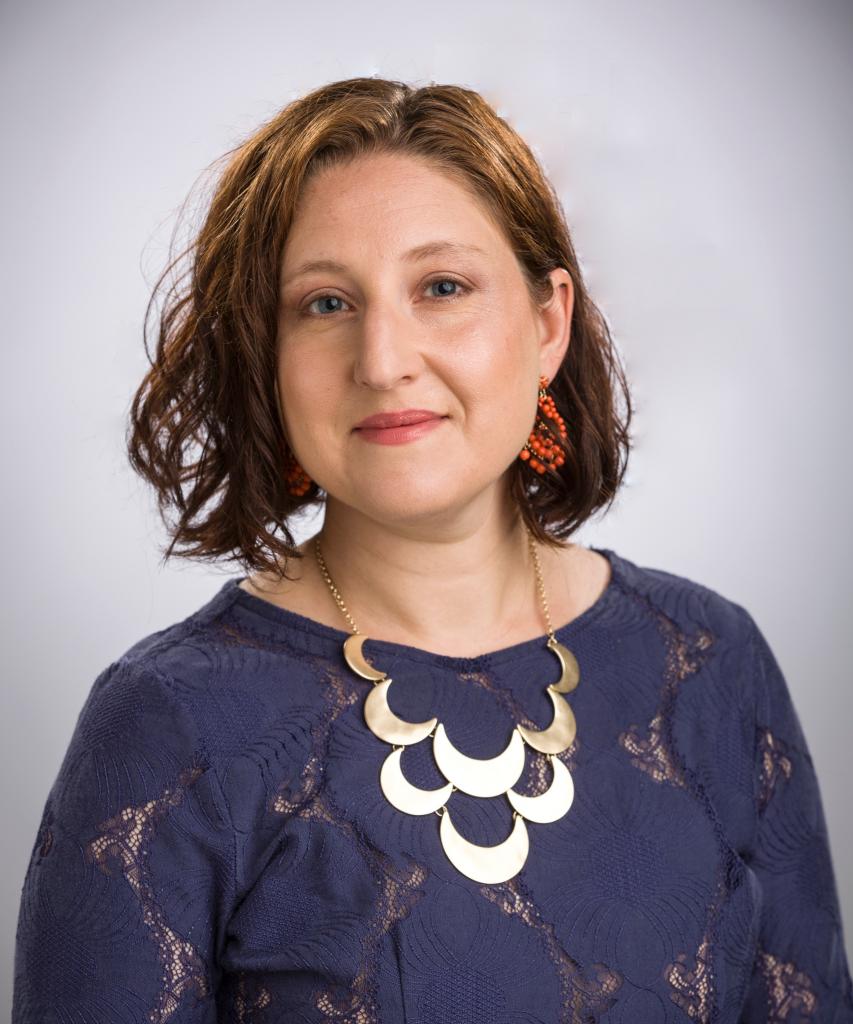Science Events in Seattle
Stay up-to-date with all of the life science events taking place in the Seattle area with the Science in Seattle events calendar! From academia to industry and biotech to pharma, our events calendar is your complete source for life science conferences, symposiums, networking, and workshops in Seattle. We even cover science pub nights and science fundraisers!
If you’re interested in promoting your life science event on the Science in Seattle events calendar, please use our event submission form.

- This event has passed.
New Faces Seminar: Dr. Rachel Bender-Ignacio
June 3, 2021 - 3:30 pm - 4:00 pm
Speaker: Rachel Bender-Ignacio, MD, MPH
Affiliation: University of Washington
Talk Title: Mycobacterium tuberculosis infection, associated immune activation , and risk of acquiring HIV
Zoom – https://washington.zoom.us/j/91256320491

Rachel Bender Ignacio is an infectious disease physician-scientist and Assistant Professor at the University of Washington, where she recently was named the Director of the UW AIDS Clinical Trials Unit. She completed medical school and an MPH in epidemiology at the UW. She trained in Internal Medicine at at Mass General Hospital/Harvard and was briefly on faculty there prior to returning to UW for Infectious Diseases fellowship. The majority of her patient care and research has been focused on HIV, co-infections, and malignancies, specifically on the intersection with co-infections, immune activation, and HIV outcomes Dr. Bender Ignacio is currently a Director on the HIV Medicine Association Board. Since the beginning of the COVID-19 pandemic, she has also taken on significant leadership on COVID-19 treatment research, including serving as the Medical Director of the COVID-19 Clinical Research Center at the Fred Hutch, and as a protocol lead of the international ACTIV-2 study (riseabovecovid.org). The work discussed today is the result of a recently completed CFAR New Investigator Award, granted in 2018.

